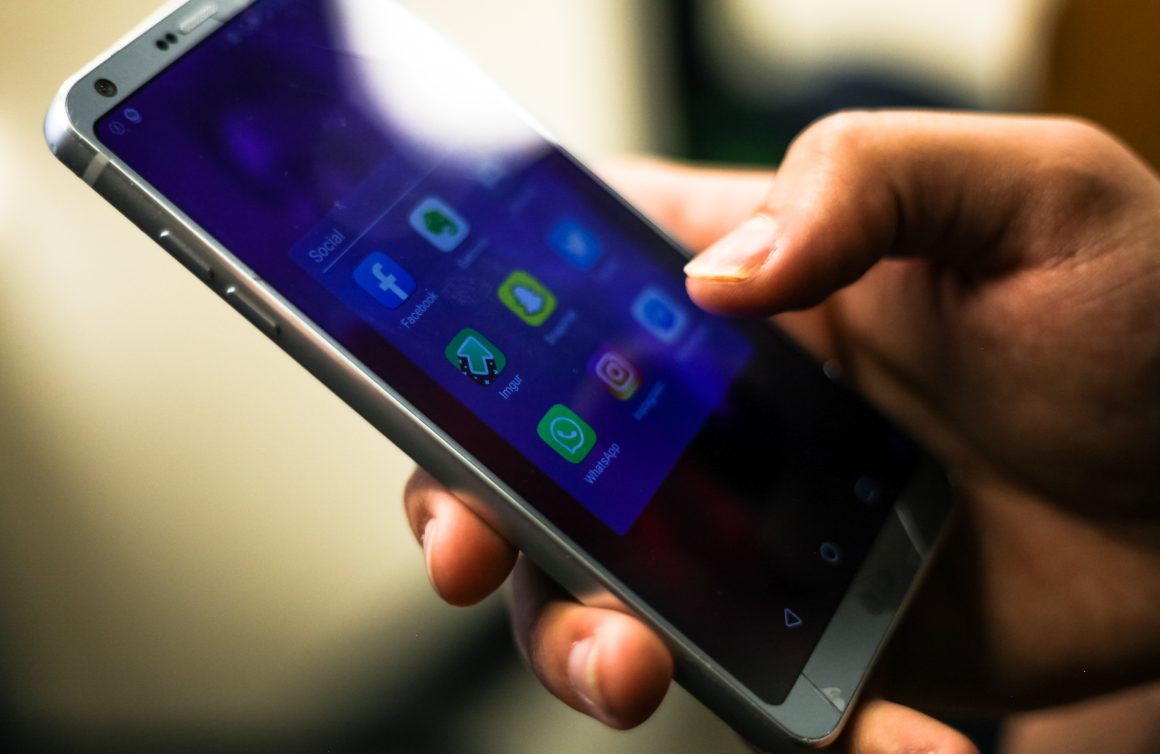
The trouble with Facebook
By Matthew Herring, October 25 2019—
My Facebook account sits completely inactive, filling with cobwebs and collecting more dust every single day. The only recent posts on my timeline are from family members wishing me a happy birthday or tagging me in photos from a family gathering. Between the occasional message or request to play 8 Ball Pool, I never have a need to open the application. This leads me to wonder why I haven’t just deleted my account a long time ago, and honestly I don’t have a good justification to why it’s still there.
Recently, Facebook has come under fire for questionable decisions regarding who can advertise on their platform. Specifically, the platform defended the use of false information in political advertisements shown on the platform. Facebook CEO Mark Zuckerberg commented on the situation, stating that advertisers should be free to say what they want “even if it goes against our standards,” claiming that it is simply a matter of “free speech.” With Facebook taking this hands-off approach to the issue encourages users to abuse the platform’s relaxed advertising rules for cynical purposes. By not fact-checking or filtering advertisements, Facebook creates a platform that gives a powerful voice for hate speech and harmful misinformation. With this controversy, there were massive amounts of backlash online, causing #deletefacebook to trend on Twitter. But is this enough to hint at the end of Facebook? To put it simply, no.
The advertising controversy wasn’t Facebook’s first scandal — far from it. Even in Facebook’s earliest days, it showed a pattern of taking advantage of, or showing negligence towards its user base. Users were getting their information stolen by unauthorized users since Facebook’s inception, which has been an issue that still plagues the site to this date. In March 2019, Facebook admitted that they had been storing “hundreds of millions” of user log-in credentials in an unsecure format that could easily be breached and give away the personal information of a significant amount of the user base.
On top of privacy concerns, Facebook has been under fire for the content that they are willing to allow on their platform. Many pages fetishizing sexual assault and dangerous health conditions such as anorexia fell under the radar of Facebook’s hate speech policies, allowing users to spread speech that threatened the safety of other users. Facebook has also long been a safe haven for those who want to spread hateful and xenophobic ideologies. Facebook willingly allowed these users to share white-supremacist content without consequences until being pressured to change their policy earlier this year. Still, after all these controversies and unwillingness to take action, Facebook stands tall and is still gaining an incomprehensible amount of users every single day.
So it seems pretty obvious that as users, we should take the initiative to protest against Facebook’s reprehensible inaction to govern its platform. But, campaigns to boycott and leave the platform have always existed. In May of 2010, a movement arose to encourage users to commit to deleting their Facebook page on a specific date, which was fittingly titled “Delete Facebook Day.” Though the movement gained mainstream attention and had over 40,000 individuals participate, it didn’t leave a dent on the 500 million users Facebook already had.
The problem is that Facebook is a multi-billion dollar titan that won’t go down without a fight. With over 2 billion users, the company hosts the world’s most active social media platform, making it a necessity for many people who need to use it as a form of communication. Let’s be honest, if you’ve ever had a group chat for your workplace, it was most likely through Facebook Messenger. Everyone already uses Facebook, they know how it works and it’s easy to use. Why would you delete Facebook when it’s such a normal and routine part of life?
Should we delete Facebook? Definitely. Is there going to be an event that causes the population to move away from the social network and find a new platform? Probably not anytime soon. But it is important that as users we make our voices heard and speak out against harmful actions from the corporations and social networks that we so commonly turn a blind eye to.
This article is part of our Opinions section and does not necessarily reflect the views of the Gauntlet‘s editorial board.
